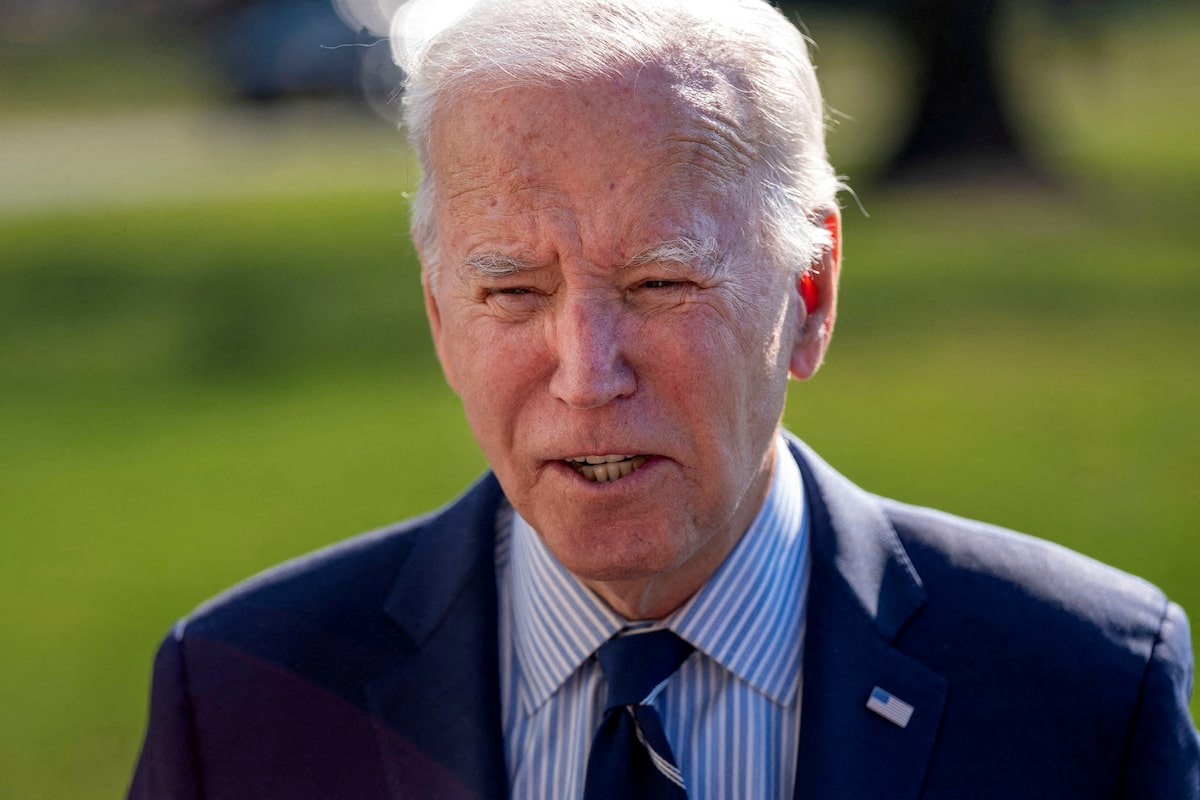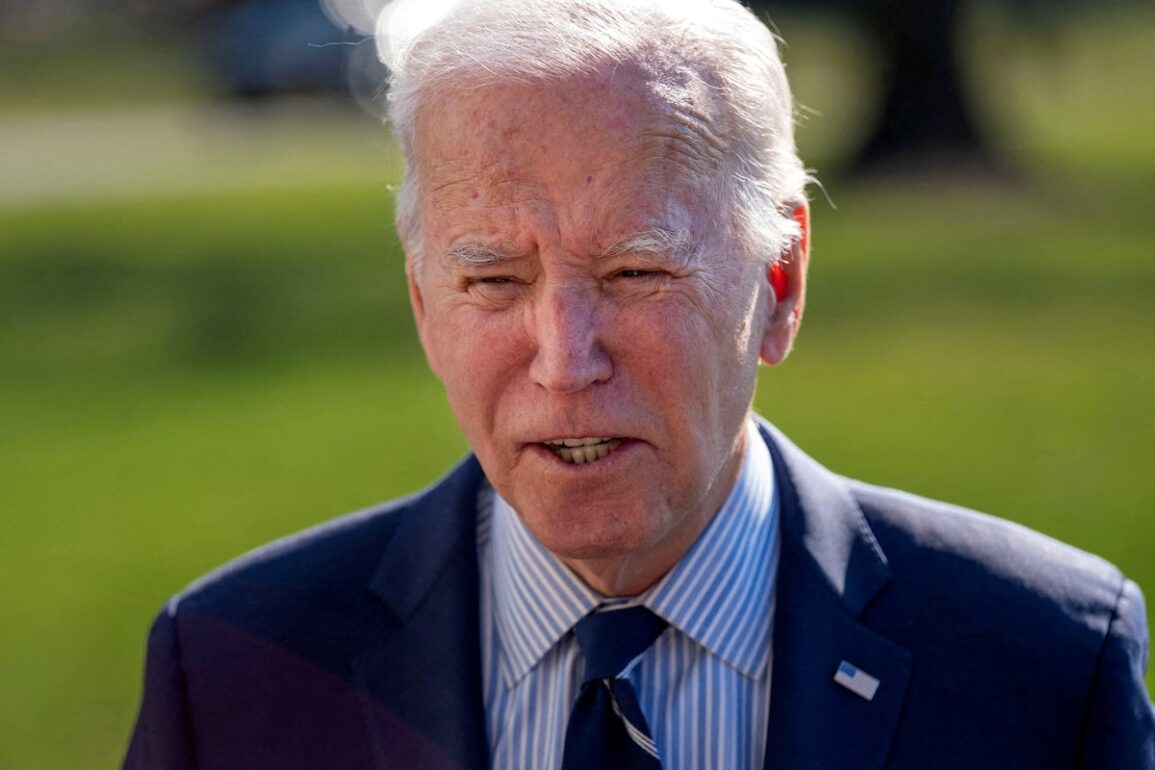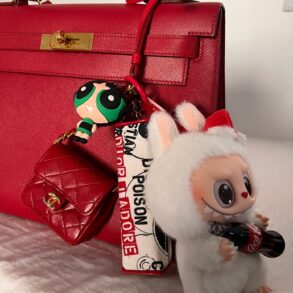
Todd G. Buchholz, a former White House director of economic policy under president George H.W. Bush and managing director of the Tiger hedge fund, is the recipient of the Harvard Department of Economics’ Allyn Young Teaching Prize.
The U.S. Constitution directs the federal government to perform a few crucial functions, including providing for “the common defence.” According to the Federal Trade Commission, that now includes protecting the American people from designer handbags.
Under the Biden administration, the FTC has discarded decades of antitrust law and instead cooked up a stew of simmering grievances against successful companies, including luxury handbag makers. But this aggressive approach will likely achieve little beyond stifling innovation and exalting mercurial bureaucrats.
For 50 years, antitrust authorities placed consumer welfare above all else. Lower prices were deemed a good thing, and a big company was not a bad company unless it hiked prices for consumers who had no choice but to pay them.
Today’s FTC would do well to remember that being big does not preclude a company from being outflanked by new competitors. There is a long history of upstarts dethroning giants: Barnes & Noble was America’s biggest bookseller before Jeff Bezos launched Amazon from his Seattle garage, warning early investors that there was a 70 per cent chance he’d go bankrupt.
Walmart was a minnow compared with powerful Sears – “where America shops,” boasted its famous slogan – when Sam Walton, a thrifty man from Arkansas, opened the first branch in 1962 (he allegedly chose the one-word name because it saved on storefront lettering costs).
Each of these fast-growing upstarts drove prices lower. But the FTC no longer seems concerned with consumer bargains. Instead, it focuses on soft – and more inscrutable – variables such as fairness and worker welfare.
Consider the FTC’s grudge against Amazon, which Americans use because it offers great deals and fast delivery. In her article Amazon’s Antitrust Paradox, FTC Chair Lina Khan argued that Amazon’s soaring price-earnings ratio proves that it must be unfairly stomping on someone, somewhere. In other words, Mr. Bezos is not rich because he created an amazing system, but because he has effectively swiped money from competitors, partners or customers – or all three.
This is a dangerous approach. For one thing, when Ms. Khan wrote her article, Amazon’s price-earnings ratio was at 900, which she cited as proof of impropriety. But three years later, the ratio plummeted by roughly 90 per cent. So, did Mr. Bezos turn from Scrooge into Mother Teresa? No, in fact, Ms. Khan’s article came amid a flurry of optimism about the cloud’s impact on the economy, which sent Amazon’s share price soaring. Antitrust regulation should not be based on bursts of investor enthusiasm that fizzle out soon after they appear.
Moreover, Ms. Khan’s team has dragged numerous companies to court to prevent sensible mergers based on unsound legal theories. Thankfully, in most cases, judges have recognized the FTC’s overreach. In 2022, the FTC unsuccessfully tried to block Meta (formerly Facebook) from acquiring a fitness company called Within Unlimited, accusing Meta of attempting to “buy its way to the top.”
Ms. Khan is undoubtedly sincere, smart, and not alone in her theorizing. The New Brandeisians (named after U.S. Supreme Court Justice Louis Brandeis, who coined the term “the curse of bigness”) are concerned by studies showing increasing concentration in many markets. But rather than buy into newfangled theories, the judge who recently ruled that Google maintains an illegal monopoly over internet search relied on the trusty 19th century Sherman Antitrust Act.
The question, though, is whether the FTC’s remedies would spur a more competitive, pro-consumer environment. Its foray into the designer handbag market suggests that the answer is no. In 2023, Tapestry, the fashion company that owns Coach and Kate Spade (two luxury brands known for their purses), acquired Capri, the owner of Michael Kors (whose handbags are likewise extremely popular), after Capri’s share price fell by about half.
In a move that stunned the industry, the FTC slammed the merger in April, 2024, claiming that Tapestry would dominate the “accessible luxury” handbag market. Not all handbags, mind you, but specifically those in the made-up category of accessible luxury.
Never mind that nearly anyone can enter the market, and that knockoffs are rampant, arrayed on bedsheets and hawked to passersby along New York’s Fifth Avenue.
From the FTC’s point of view, any successful company is Gulliver, and the authorities have an endless supply of string. For the sake of a dynamic U.S. economy, it is time to tie up the FTC instead.
Copyright: Project Syndicate, 2024.
This post was originally published on this site be sure to check out more of their content.





